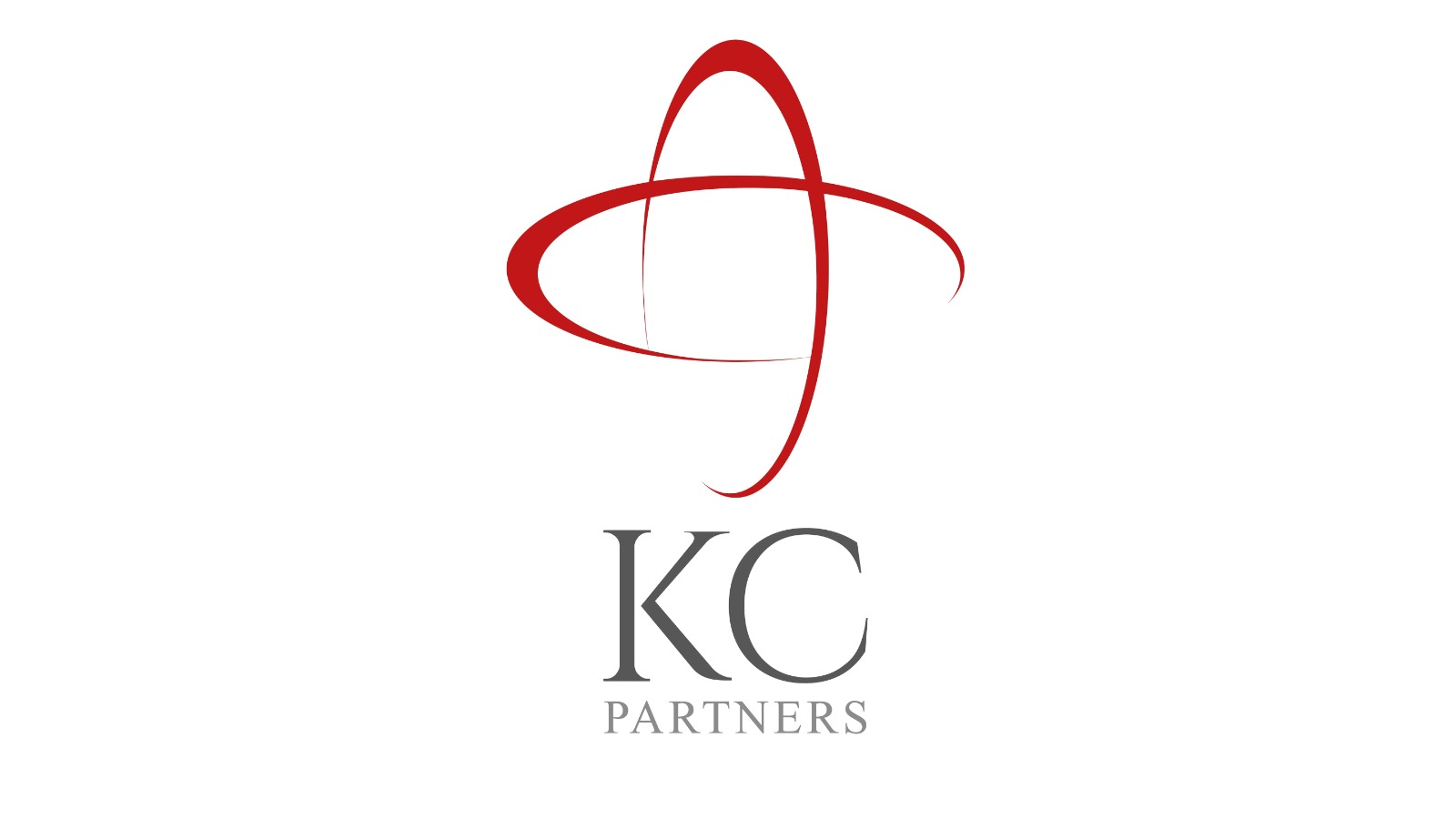Whether it’s introducing lawyers to coding or strengthening bonds between a university and law practice, technology is key.
Fintech is the latest growth industry. According to the financial website Investopedia, “fintech” includes any technological innovation in the financial sector — from financial literacy and education, to retail banking, investment and crypto-currencies such as bitcoin.
Even lawyers are getting in on the act. A trainee and a student have kick-started initiatives in two City firms: at Linklaters, lawyers are now offered training in coding; and at Simmons & Simmons, a joint student support programme on financial technology and regulatory technology has been set up with the Centre for Commercial Law Studies at Queen Mary University of London (QMUL).
Charlotte Baker, a trainee solicitor, started at Linklaters in March 2016. As part of her legal practice course she undertook an additional case study project that won when it was judged by an internal panel at the firm. At the resultant innovation group lunch, she suggested that lawyers be taught to code.
She says: “The idea was influenced by my classics degree and also by one of my professors from Cambridge, Simon Goldhill, who is a strong advocate of ‘interdisciplinarity’ — essentially the idea that there is power and value to be created through close interaction between different disciplines.
“My coding experience amounted to playing around with Linux shell scripts when I was younger, and given the rising importance of coders’ work in our industry, it seemed like a good idea to enable our lawyers to be able to have a closer dialogue with coders and what they do, through trying out coding themselves at a basic level.” Baker has completed seats in the corporate and investment management practices and now sits in financial regulation. It took nine to ten months from that lunch for the first training session to take place.
Paul Lewis, a partner and member of the firm’s innovation group, says: “The coding training so far has comprised an initial one-day course given by an external provider — 50 people attended the course, including trainees, associates, and managing associates — the lawyers come from a range of practices, not just those with a heavy fintech focus.”The course began by teaching the participants to code to display message boxes and other piecemeal tasks. By the afternoon they worked up to building their own calculators. Attendees could ask questions such as what are the practicalities of coding in teams; or what makes one coder better than another.
Lewis says: “Based on the success of the pilot run, we are looking at how we build this out on an ongoing basis and allow the participants to delve deeper into particular languages, such as Python.”
It’s not just a trainee who can influence innovation in the office. It was a visit to an office — Simmons & Simmons, when it launched its £100,000 fintech fund a year ago — that gave Jin Enyi, an LLM student at QMUL, the idea for the student support programme between the university’s Centre for Commercial Law Studies and the firm.
With a QMUL professor, George Walker, he approached Angus McLean, a partner and the head of the firm’s fintech practice.
“We first discussed the mechanics of the proposed programme in early January 2017 and our first event took place on March 6,” says McLean.
“Eleven lawyers were involved and a number of senior associates. Students can pick the brains of our lawyers on topics such as financial services regulation, blockchain and smart contracts. In return we benefit from the research findings, which may provide useful insights in a number of areas.”
The next event is due on June 29 at Simmons’s offices. Enyi says: “In general, fintech is expected to result in substantial disruption to many areas of traditional banking and financial services, and legacy products and practices.”The law and legal implications of such developments have not yet come under dedicated scrutiny, Enyi says. That leaves “many difficult and complex issues to be resolved”.
Source: Linda Tsang for The Times Online
Want to work at a leading law firm at the forefront of fintech? Find out how here!




